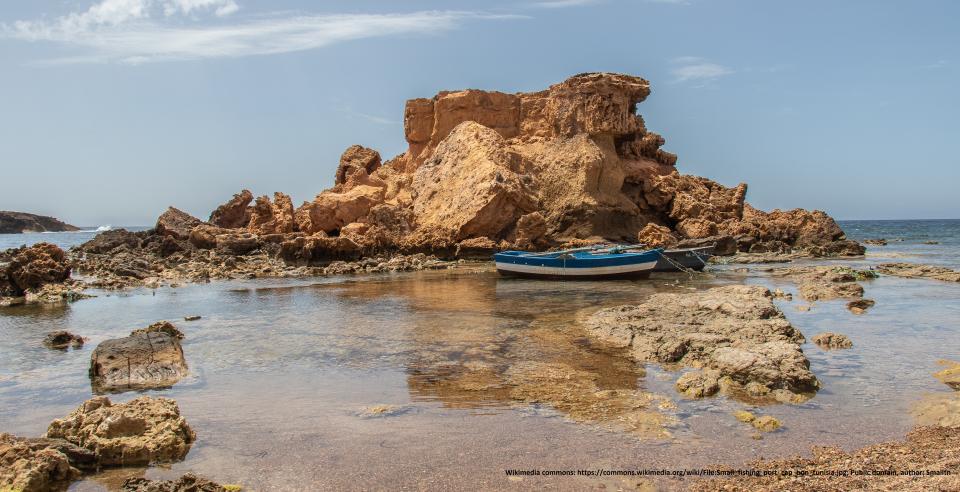Water Accounts Training for Western Asian Countries

Water availability is a significant concern in many countries and regions, including in the Western Asia and Northern Africa regions. Many countries face increased water scarcity and uneven supply, which has led to a growing demand for rigorous, high-quality official statistics on water. To help countries better meet this demand, the United Nations Statistics Division (UNSD) and the UN Economic and Social Council for Western Asia (UNESCWA) collaborated with the EU-funded Euro Mediterranean Statistical Cooperation Programme (MEDSTAT V) to carry out an online training course on water accounts for Mediterranean Partner Countries and other UNESCWA member states based on the UNSD e-Learning on the SEEA-Water. The online course focused on the compilation and uses of water accounts according to the SEEA Central Framework, as well as the availability of water statistics.
Approximately 30 participants joined the course and the three accompanying webinars. The webinars provided participants with an overview of the SEEA methodology for water accounts and the opportunity to clarify concepts and definitions. In addition, the second webinar provided an important opportunity for countries in the region to learn from each other; currently one-third of ESCWA/MedStat countries implement SEEA accounts, with water accounts being the most frequently compiled. During the second webinar, the National Institute of Statistics of Tunisia presented their experience in compiling water accounts, including lessons learned; institutional and stakeholder arrangements; and plans for expansion of the accounts.
The course closed with a discussion on main takeaways and future activities in the region. One of the main takeaways was that compilers need not wait until they have a complete and highly disaggregated set of water statistics to begin compiling water accounts. Instead, they can start small and improve the scope and quality of their accounts over time. Another main takeaway was the importance of interinstitutional collaboration in developing the accounts, including working with stakeholders from the very beginning. Participants also discussed future activities in the region, noting their interest in continued support for the compilation of water accounts in the region.
